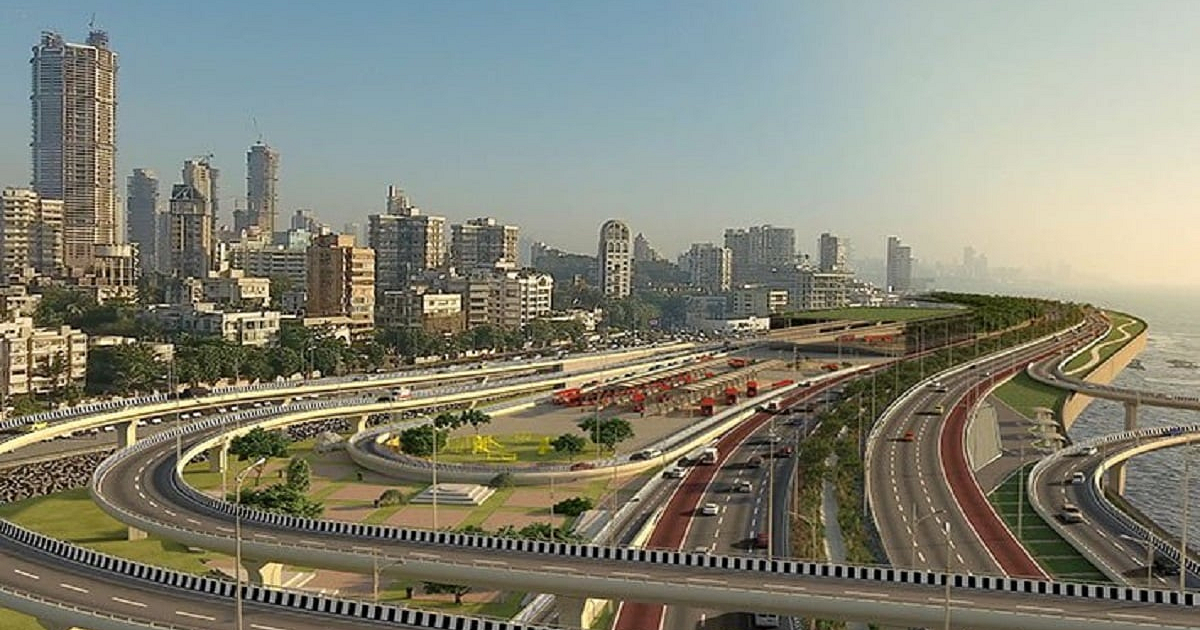BMC Plans Major Land Use Changes for Mumbai Coastal Road Phase 2
The Brihan mumbai Municipal Corporation (BMC) has proposed significant changes to the land reservation status of 60 plots spanning from Goregaon to Dahisar, marking a crucial step in the execution of the ambitious Mumbai Coastal Road Phase 2 project. This proposal, aimed at facilitating large-scale infrastructure development, underscores the city’s push towards enhanced urban mobility while raising pertinent concerns about land use and environmental impact.
The proposal is part of the BMC’s Development Plan 2034, which designates vacant land parcels for future public utilities. However, with infrastructure expansion gaining priority, the civic body has reclassified these plots to accommodate the second phase of the Mumbai Coastal Road, which will connect the Versova-Bandra Sea Link to Dahisar. As per the notification, 31 plots in Eksar, 12 in Malad (West), seven in Malvani, five in Pahadi (Goregaon), four in Charkop, and one in Dahisar will see a revision in their designated purpose. Most of these plots lie along Mumbai’s northwest coastline, an ecologically sensitive region that has long been at the centre of urbanisation debates.
The Coastal Road Phase 2 project is designed to ease congestion and reduce travel time for millions of commuters by offering an uninterrupted corridor along Mumbai’s western coastline. Divided into six segments, the project will include an array of engineering feats such as tunnels and elevated corridors. The first stretch, covering 4.5 kilometres, will run from Versova to Bangur Nagar, followed by a 1.66-kilometre link to Mindspace in Malad. Twin tunnels stretching 3.9 kilometres will connect Malad to Charkop, while an additional 3.78-kilometre stretch will extend from Charkop to Gorai. The final leg, measuring 3.69 kilometres, will complete the connection to Dahisar, from where a 5.6-kilometre elevated corridor is being planned to integrate with the broader Mumbai Metropolitan Region (MMR) road network.
In a bid to ensure seamless connectivity, Phase 2 will also be linked to the Goregaon-Mulund Link Road (GMLR), a key east-west corridor currently under construction. This integration aims to optimise Mumbai’s road infrastructure, reducing the city’s heavy dependence on the suburban railway system. Spanning approximately 25 kilometres, the entire project is estimated to cost INR 20,000 crore, with funding sourced through a mix of municipal revenues and state government support. Environmental clearances have already been secured, and groundwork began earlier this year.
While the project promises enhanced mobility and reduced traffic congestion, it has also sparked discussions on urban planning ethics, land use priorities, and ecological consequences. Critics argue that repurposing land parcels originally earmarked for public utilities could compromise the city’s long-term sustainability goals. In response, the BMC has invited public suggestions and objections over the next 30 days before finalising the land use changes. A public hearing will be conducted to address citizen concerns, ensuring transparency in the decision-making process.
With Mumbai rapidly expanding, infrastructure projects such as the Coastal Road Phase 2 highlight the delicate balance between urbanisation and environmental stewardship. The coming weeks will determine how the BMC navigates these competing interests while striving to deliver a transformative transport corridor for India’s financial capital.
Mumbai Coastal Road Phase 2: 60 plots marked for infrastructure shift




